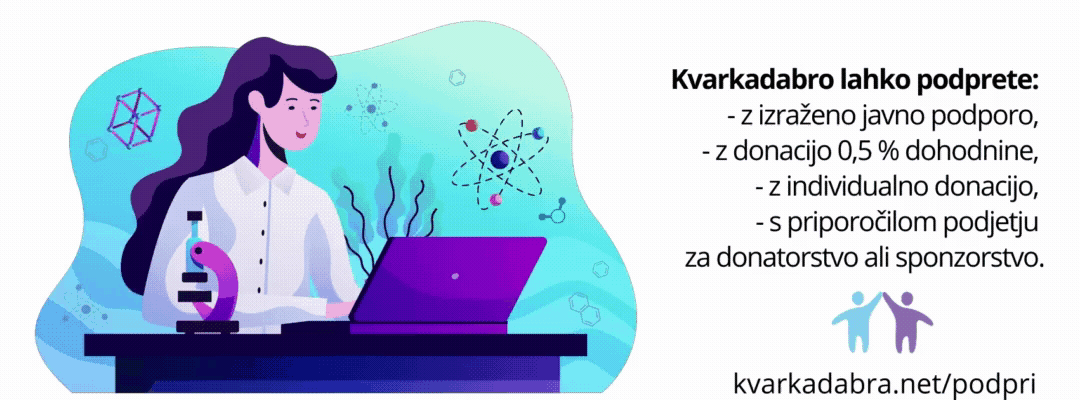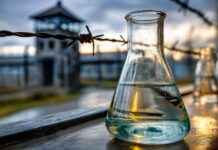Povzetek: nova tehnologija, ki omogoča skorajšnje črpanje zemeljskega plina v Prekmurju, je iz okoljskega vidika morda nevarna.
O možnem skorajšnjem izkoriščanju zemeljskega plina v Prekmurju je prejšnji teden v Mladini pisal Staš:
Nekdaj največjemu nahajališču nafte in zemeljskega plina v Jugoslaviji, polju v Petišovcih, se obeta vsaj delna povrnitev nekdanjega slovesa. Družba Ascent Resources s sedežem na britanskih Deviških otokih je prejšnji teden sporočila, da so v poskusni vrtini z imenom PG-11, ki je nedavno dosegla globino tri tisoč metrov, potrdili prisotnost zemeljskega plina. Vrednost delnic podjetja na londonski borzi se je po objavi novice zvišala za nekaj odstotkov in dosegla najvišjo raven v minulih štirih mesecih, direktor Jeremy Eng pa je dejal, da je odkritje preseglo pričakovanja.(*)
The Pg-11 well is the first well to be drilled in the Petišovci Miocene reservoirs in 22 years. The primary objective for the well, apart from the confirmation of gas in this part of the field, was to acquire state-of-the-art data and reservoir samples to determine how and if we enable the latest hydraulic fracturing techniques to be applied to the redevelopment of these gas reserves. In recent years, technological advances have enabled the development, firstly of tight gas reservoirs and latterly of shale gas reservoirs. (*)
With hydrofracking, a well can produce over a million gallons of wastewater that is often laced with highly corrosive salts, carcinogens like benzene and radioactive elements like radium, all of which can occur naturally thousands of feet underground. Other carcinogenic materials can be added to the wastewater by the chemicals used in the hydrofracking itself.While the existence of the toxic wastes has been reported, thousands of internal documents obtained by The New York Times from the Environmental Protection Agency, state regulators and drillers show that the dangers to the environment and health are greater than previously understood.The documents reveal that the wastewater, which is sometimes hauled to sewage plants not designed to treat it and then discharged into rivers that supply drinking water, contains radioactivity at levels higher than previously known, and far higher than the level that federal regulators say is safe for these treatment plants to handle. (*)







